MSF scales up response in Lebanon as bombings continue
News Sep 26, 2024
Get the latest news, stories, videos, and more from our medical humanitarian projects around the world.

News Sep 26, 2024
Speaking out about the emergencies our staff and patients witness is part of who we are. Explore our history and principles.
Story | Sep 01, 2023
As Khartoum’s health systems collapse, MSF teams at the Turkish Hospital have been able to keep up operations, despite the challenges and risks.
Read More
Story | Aug 14, 2023
Why MSF’s health response in displacement camps near Goma, DR Congo, includes the construction of water infrastructure.
Read More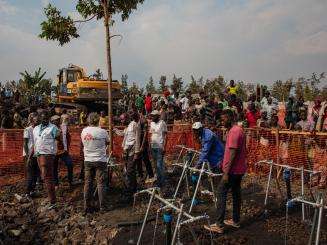
Story | Aug 09, 2023
With the Missing Maps initiative, MSF teams are leveraging spatial data to better evaluate the extent of displacement in the hard-to-reach camps around Goma, DR Congo.
Read More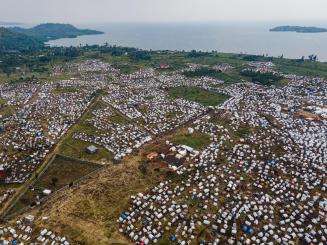
Story | Aug 07, 2023
After two years of civil war, rehabilitating the damaged water infrastructure of Tigray became a priority for MSF teams.
Read More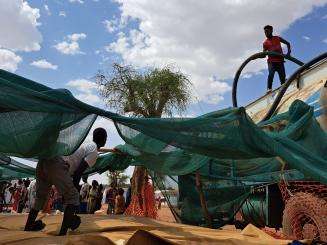
Story | Aug 01, 2023
Seasonal forecasts and climate change projections point to difficult times ahead for flood-prone areas in South Sudan.
Read More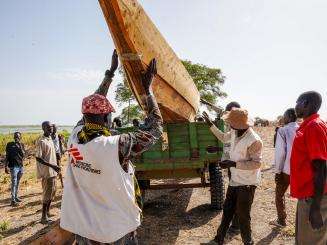
Story | Jul 21, 2023
Teams are urgently mobilizing in response to a cholera outbreak in Rutshuru, where MSF has been the only medical care provider for months.
Read More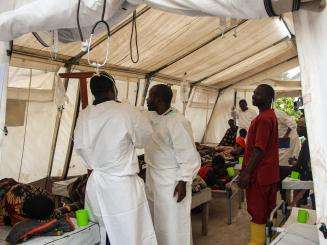
Story | Jun 07, 2023
An essay by MSF directors of operations on the challenges we faced in 2022 and the impact we made.
Read More
Story | May 10, 2023
Access to essential services is severely limited across Port-au-Prince, especially in neighborhoods most affected by the violence.
Read More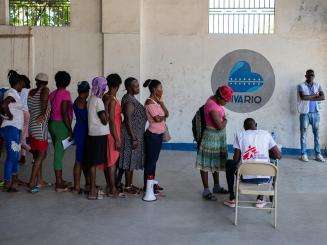
Story | May 10, 2023
In DR Congo, MSF is responding to the health consequences of years of conflict and displacement.
Read More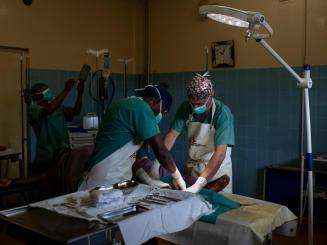
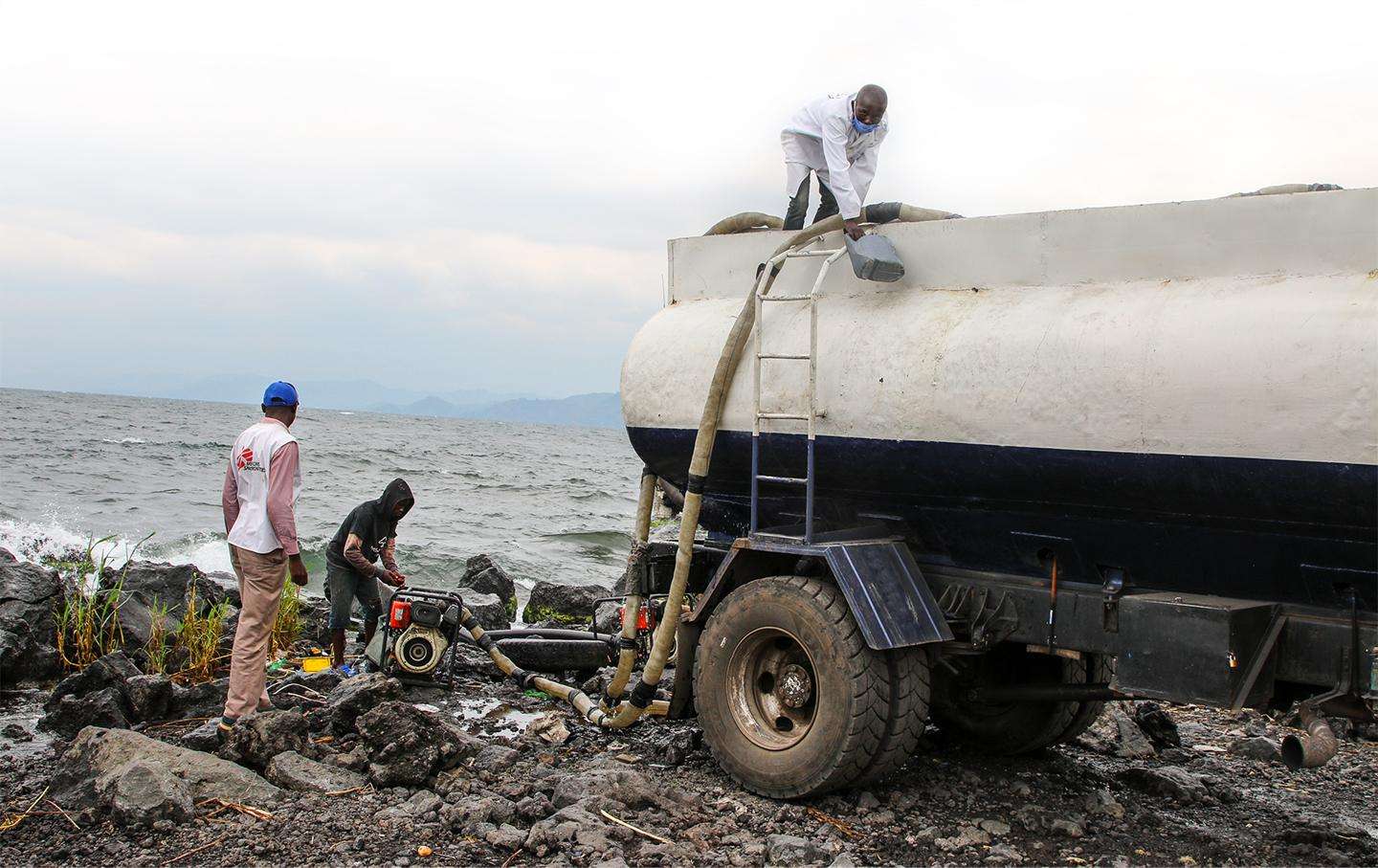
Your unrestricted gifts enable us to provide lifesaving medical humanitarian care on the ground and speak out about what we see.